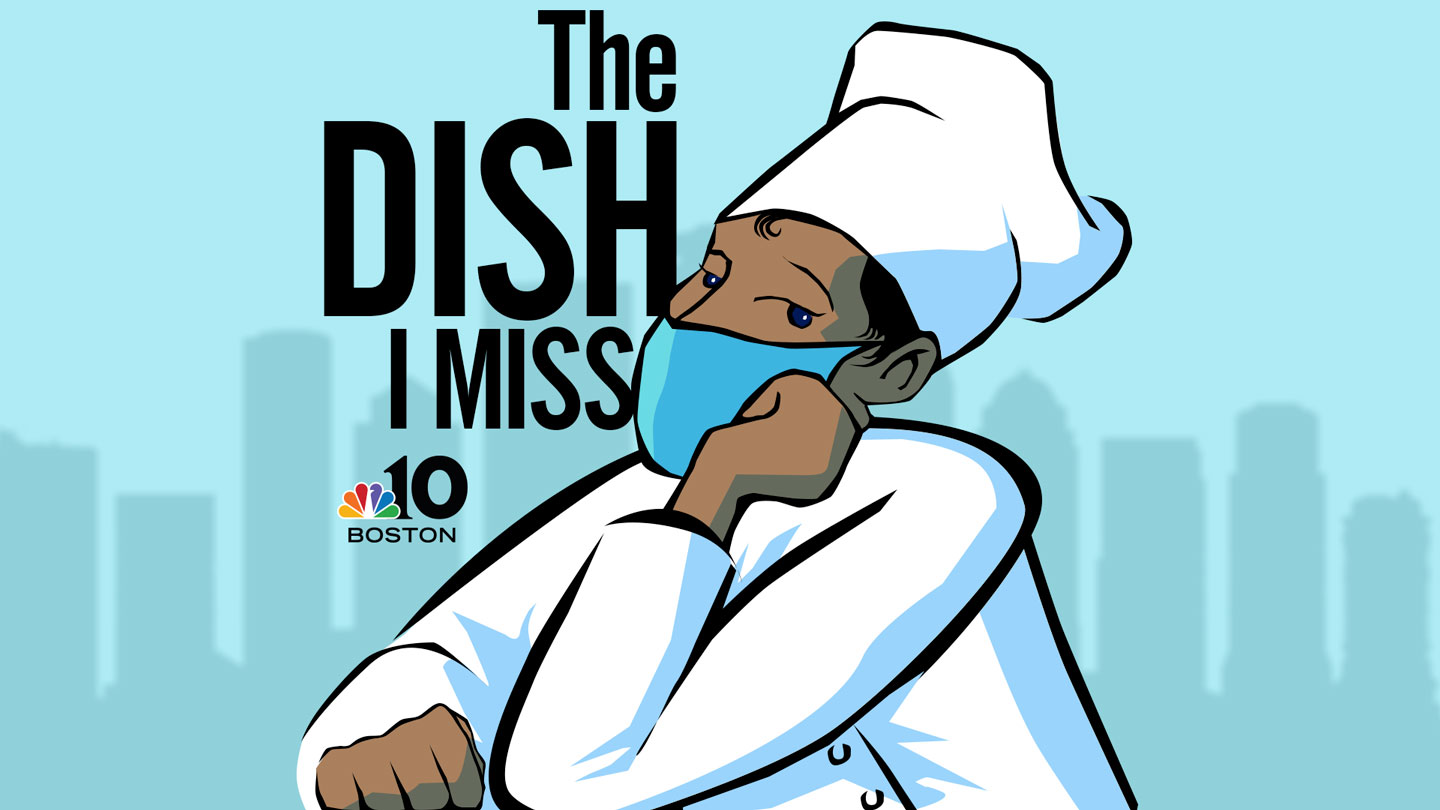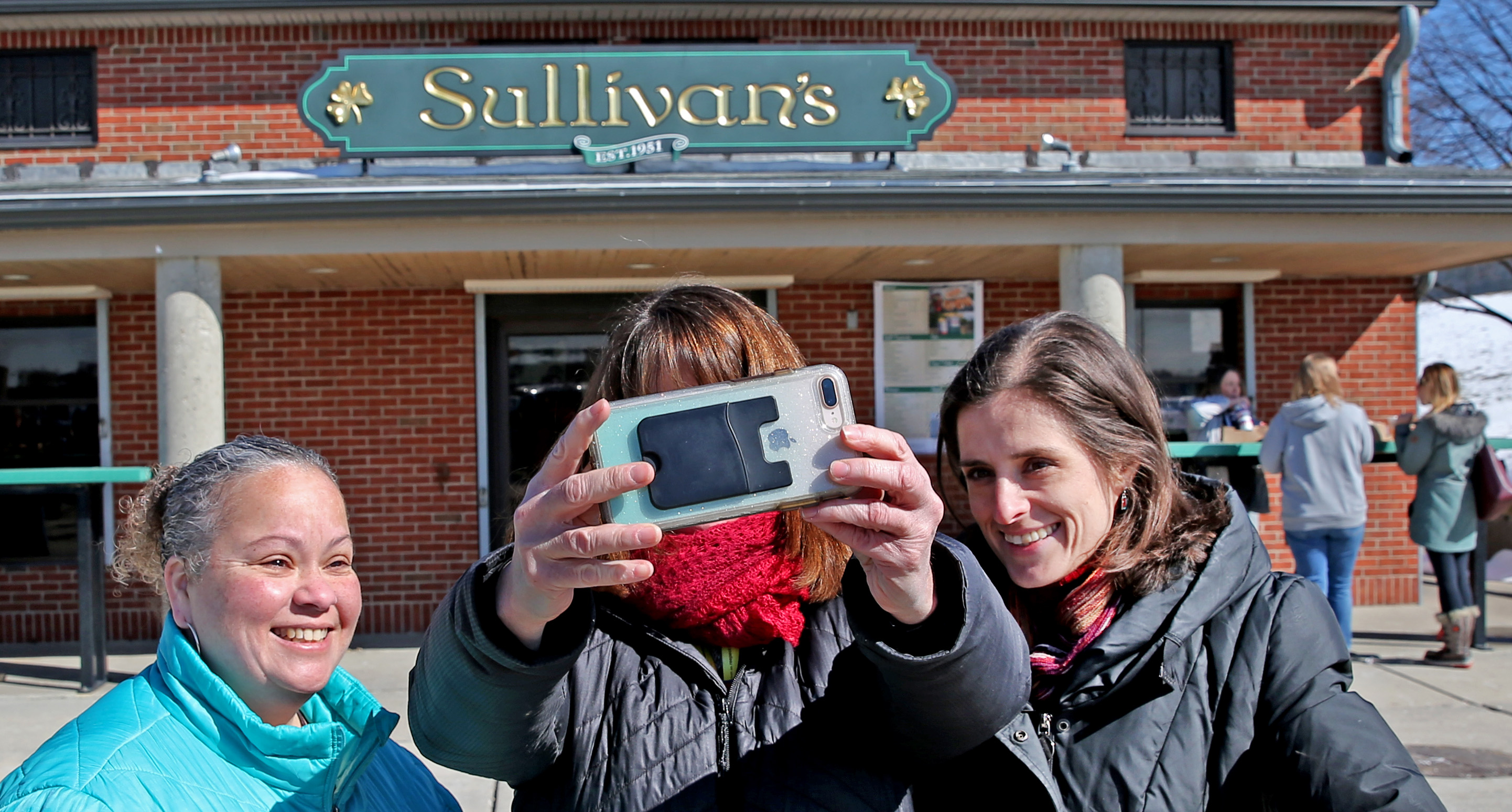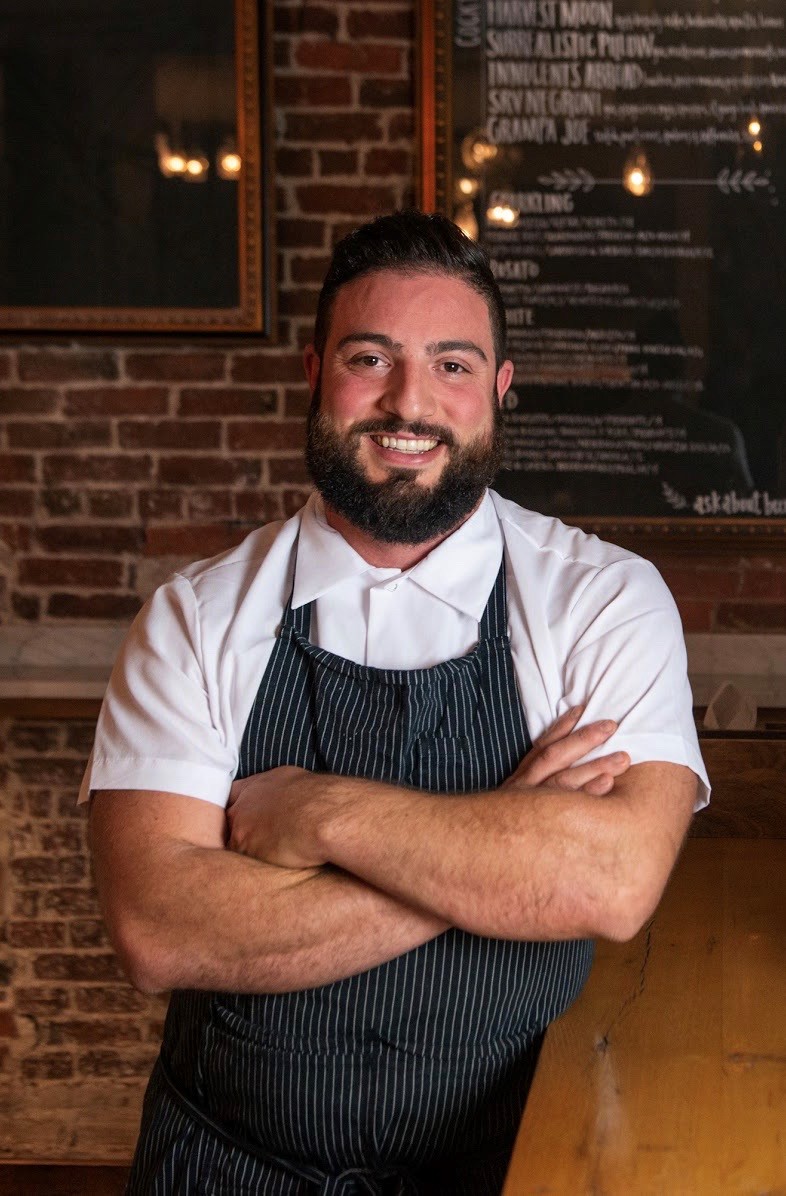Chef Alex Saenz takes extra care with his acclaimed fried chicken at Bisq in Cambridge.
The popular Inman Square eatery quickly sold out of the dish on a recent weekday evening. But looking around his empty restaurant, which is open only for take out and delivery, Saenz said it’s little consolation.
“It’s been so hard to see something that you worked so hard to grow sit empty,” he said.
Before the pandemic, Bisq used third-party apps such as Grubhub, DoorDash, Uber Eats and Postmates to make it easier for customers to order delivery.
But with profits plummeting in recent weeks while the dining room is closed, the fees those services charge to restaurants just aren’t worth it, Saenz said.
“They take so much,” he said, estimating delivery fees from third-party companies range from 25% to 32% of the bill. “They’re pretty steep.”
As the novel coronavirus spread, many restaurant owners hoped delivery apps would be a lifeline for their struggling businesses. But some tell the NBC10 Boston Investigators hefty fees are making it tougher to survive.
Listen to our new podcast “The Dish I Miss,” where some of the Boston area's most interesting chefs tell us about the food they wish they could still make diners and how they're dealing with the coronavirus.

In a recent advertisement, Grubhub – one of the biggest providers in the industry – urged diners to “help save the restaurants we love,” suggesting that if “we don’t treat restaurants like family today, they might not be around to treat us like family tomorrow.”
But the 16-year-old company, which reported record revenue last quarter, is facing renewed criticism over its financial relationship with restaurants, which have been closed to the public in Massachusetts and other states over the last several weeks.
Grubhub and three of its competitors – DoorDash, Uber Eats and Postmates – were named as defendants in a proposed class-action lawsuit filed last month in federal court in New York. The plaintiffs, a group of three individual customers, claim the services have “monopoly power” in the market and charge restaurants “exorbitant” fees.
Some cities are also moving to limit the amount third-party services can collect. In April, San Francisco’s mayor issued an executive order making it illegal for any food delivery service with 20 or more clients to charge them more than 15% of the purchase price of an order.
City councilors in Washington, D.C., adopted a similar 15% cap and stipulated delivery services can’t cut pay for delivery workers to make up for lost revenue during the public health emergency.
Locally, Cambridge is weighing a proposal to cap fees at 10%. In Boston, city councilors hope a hearing will bring both sides to the table.
“There has to be some common ground,” Boston Councilor Ed Flynn said, "and that’s what we’re looking for, is everybody can be successful.”
Grubhub did not respond to a request for comment from NBC10 Boston.
In a statement, DoorDash said it has slashed commissions through the end of the month for hundreds of Boston restaurants. The company said it is disappointed the city is considering and “arbitrary, one-size-fits-all cap that does not reflect the needs of the Boston businesses and workers it is intended to help.”
Uber Eats said its fees cover the costs and logistics of delivery, and imposing a cap “would simply shift the costs back onto small, local restaurants who can afford it the least.”
Postmates said a cap on delivery fees undermines its ability to operate, and “kills the whole industry’s ability to provide the services restaurants need to stay open during this national emergency.”
But for local restaurateur Bessie King, those services aren’t welcome.
“They fear monger you into it and they bully you into it,” King told NBC10.
King and her mother are co-owners of Villa Mexico Cafe, located near Boston’s Post Office Square. She says even though she’s lost 80% of her business, she’s better off making her own deliveries.
“Every dollar saved right now is helping us stay afloat,” she said.
Saenz, of Bisq, hopes his restaurant will also survive without delivery apps, but he worries other local eateries won’t fare as well. He urged customers to consider placing orders directly with their favorite restaurants.
“If you really care about us, you really love our food, you really want to support us, call us,” he said. “Come pick it up.”



